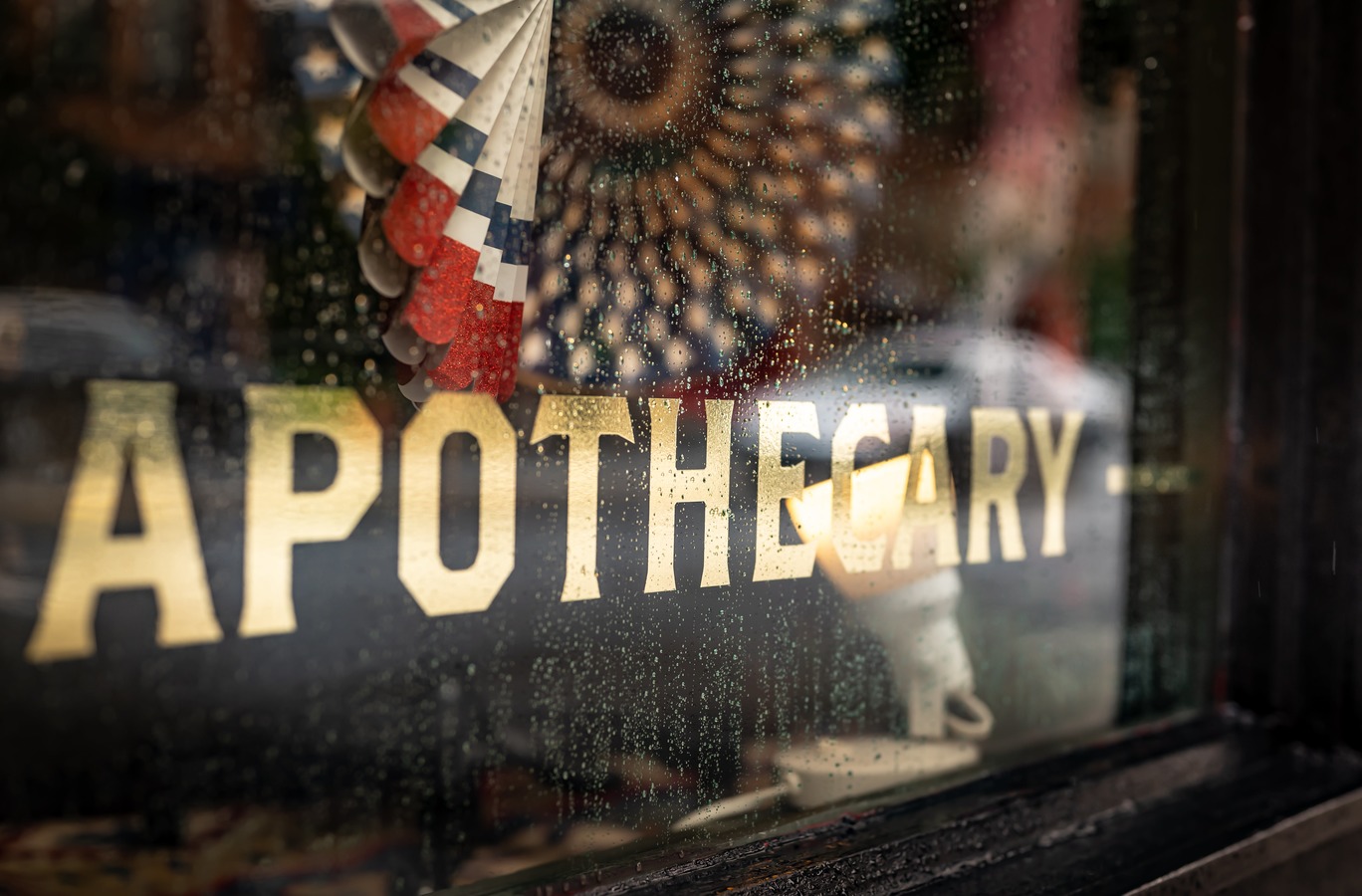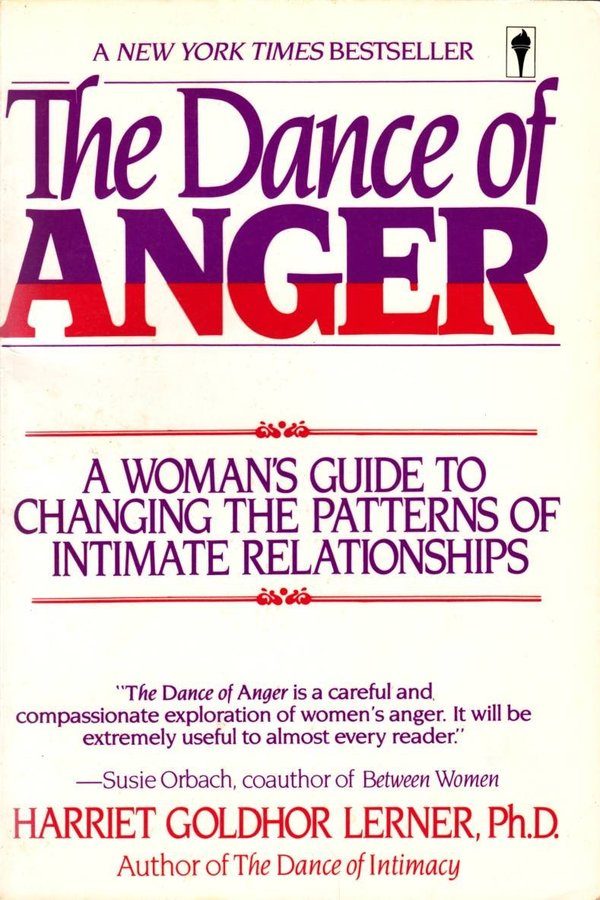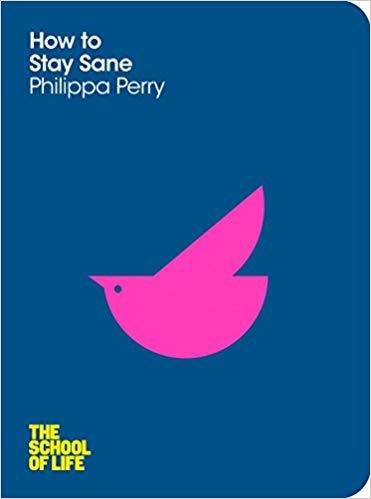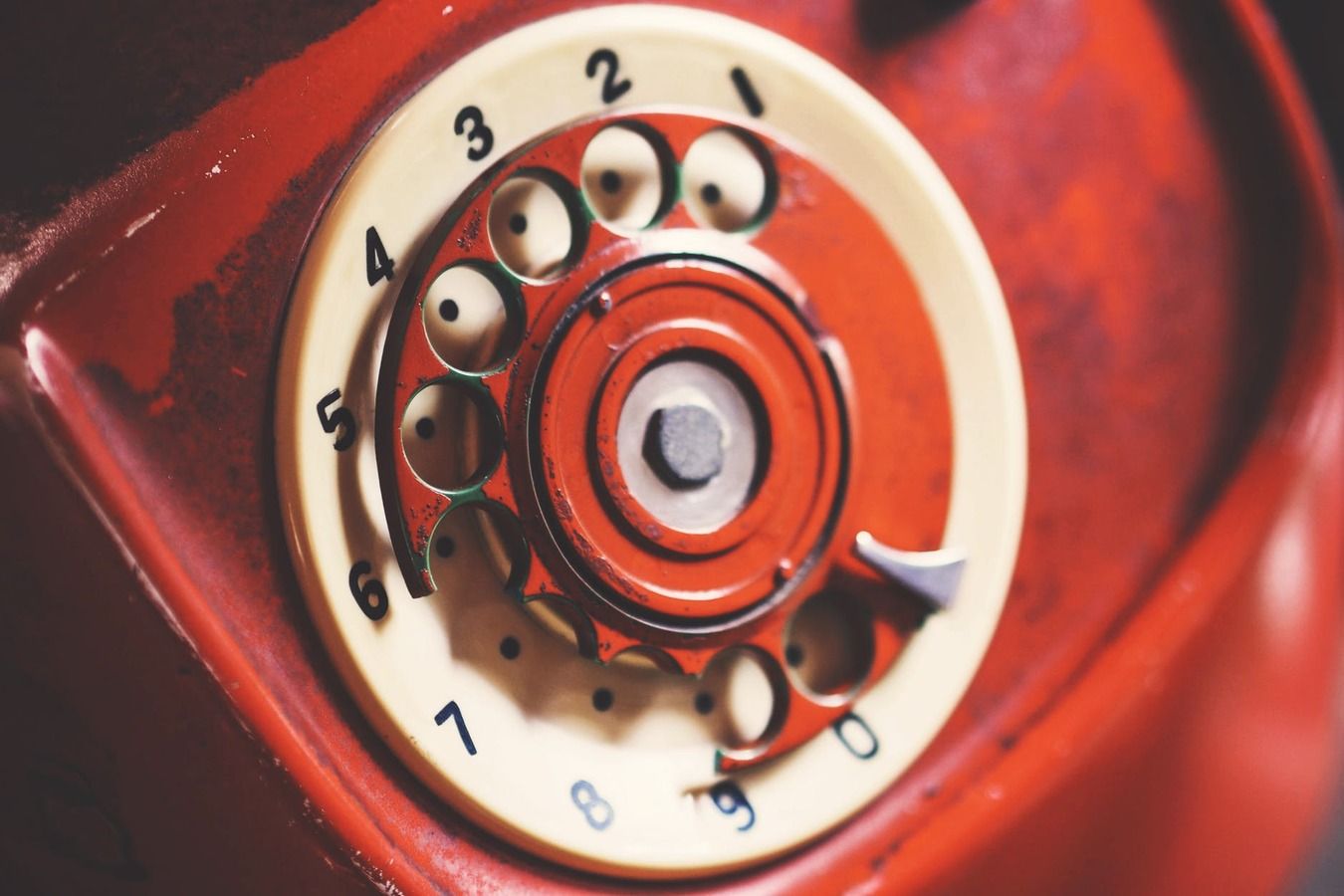Friendship occupies an odd place in our western society with it being used as both a dismissive thing (“just” a friend, being “friend-zoned”, “only want to be friends”) as well as something that can connote a relationship of vast importance (“BFF”, “friends for life”, “I love my friends more than my family”). The friendship relationship can be treated with as little, or less, or more, care and consciousness as our romantic relationships. It’s easy to take anyone for granted, to be dismissive, careless or too demanding. We can make the same mistakes across all, and any, of our relationships. It’s often just easier, and more socially acceptable, to be careless with friendships in a way that most people would not be with partners but the opposite can also happen: sometimes we treat partners in terrible ways that we would never treat our friends.
I try to approach friendship very much from a place that is informed by the relationship anarchy concept that values friendships as equally important as romantic and sexual connections. I may not always have the time and energy to give everyone my full attention but I do VALUE my friends as much as my partners. I also enjoy making new friends and see huge value in developing, and investing in, a strong network of people in my life.
Recently my 9 and 11 year old were both struggling with unwanted demands from children in their classes with regards becoming friends.
A 9 year old being aggressive about why you will or will not be their friend speaks volumes to me about the ways in which boundaries and consent are being discussed and demonstrated, consciously and unconsciously, at home and in our wider society. No one should be “forced” to be a friend. That kind of defeats the whole point and is also massively non self consensual and disrespectful. We all, as parents and adults, would, ideally, do our best to model self-consent as well as consensual and respectful behaviour at all times as well as question some of the toxic lessons we have been taught about other people’s time and bodies in relation to ours.
I have been on the receiving end of adults behaving in similar ways. This poor behaviour usually happens when they want something other than what you want. I have also been the person who is being told no. Recently, I experienced a big disappointment in that someone I was developing a friendship with told me that they don’t have the time to get to know me better. How I felt was no different to the upset 9 year old. But I can choose to behave better.
People who are disappointed tend to act in ways that are either aggressive or passive: they either dismiss you or they attack you. I have experienced both and have not, in truth, always behaved well myself in the past. I feel frustrated sometimes too. I have met people who I would like to know better as friends and when they say they have not time or their parters prefer me not to be around, then that feels shitty and I feel sad. Disappointment sucks and there’s not much one can do about that other than feel through it, wait for the bad taste to fade away and make sure that the difficult feelings do not make us behave in regretful or unhelpful ways. We can close down and shut ourselves off because the disappointment feels too bad or we can choose to accept that it’s not personal, allow the difficult feels to pass, and then keep on being open to new connections, whatever form they take and however long they last.
I would rather have had the fun getting to know someone a bit and then the disappointment of things not going as I had hoped than no happiness and pleasure at all. It’s rarely personal when someone says no (as we all know ourselves when we have to say no) but we can be compassionate with ourselves and accept that it still feels crappy to hear it.
Whether they be friendships or other forms of relationship, ALL conscious relationships should be marked by compassion, kindness and honesty. This is what Alethya is here to do, to help you foster and forge conscious connections across all areas of your life. And we do that by literally living it and then sharing these experiences and learnings via writing as well as getting together and talking about it.
To come along and meet new people who are exploring conscious relationships read about NEXUS here. (Next date: September 6th 2019)
Read more on parenting here.



















